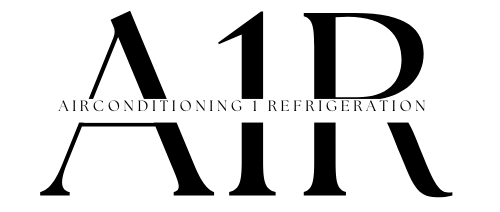Brent’s Cooling Arsenal: Mastering Quick Fixes for Common HVAC Quirks!

In the heart of Brent, where the urban buzz meets occasional temperature spikes, your HVAC system becomes the unsung hero of your home’s comfort. But what if it starts displaying quirks, leaving you in the midst of an unexpected climate…


